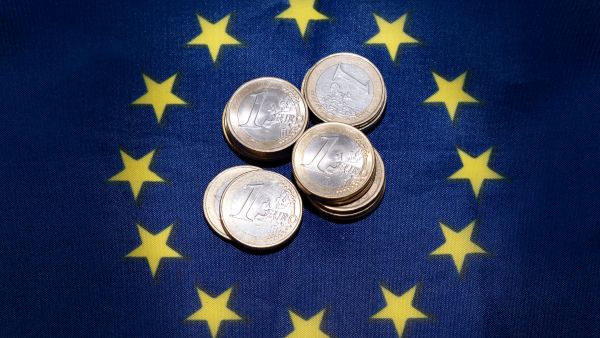With the approval of the today resolution on ‘the Annual Report 2017 control of the financial activities of the European Investment Bank (EIB)’, the S&D insists on active EIB investment policy for better enhanced cohesion and to finally overcome social, economic and territorial disparities in Europe in accordance with its core task as is stipulated in the Treaties.
S&D rapporteur for the budgetary control committee, Georgi Pirinski, said:
“S&D has consistently emphasised the need to overcome increasing inequalities and disparities in particular of a social, economic and territorial nature. It is therefore unacceptable that the geographical imbalance in the EIB investments persists, thus putting into question the overcoming of inequalities and the added value of the EIB financial activities. In its resolution, Parliament underlines the highly worrying fact that in 2017 half of the member states received 80% of the total EIB investment inside the EU while the other 14 member states received only 10% of this investment. Ten most developed member states received 66% and the first three among them individually received 16%, 15% and 11%.
Regarding governance concerns, the Bank should concretely and promptly respond to the Parliament’s recommendations from its previous Resolutions regarding the prevention of conflict of interests of the members of EIB’s governing bodies and for revision of the Codes of Conduct. We call as well for further actions by the EIB regarding full implementation of best banking practice, improvement of administrative capacity and internal procedures related to new tasks stemming from EFSI, and for ensuring transparency concerning intermediaries as to tax avoidance and corruption.”
S&D coordinator for the budgetary control committee, Inés Ayala Sender, added:
“We have raised again the serious problem of the EIB’s incapacity to implement microcredits in third countries together with the urgent need of a better territorial balance in the Bank’s activities within the EU. The EIB should be more proactive and creative in proposing instruments to finance innovative start-ups and spin-offs in order to keep them in Europe. We have achieved making the EIB recognise the need to expand the evaluation and publication of results for creation and/or maintenance of jobs based of its loan and financing activities.”





